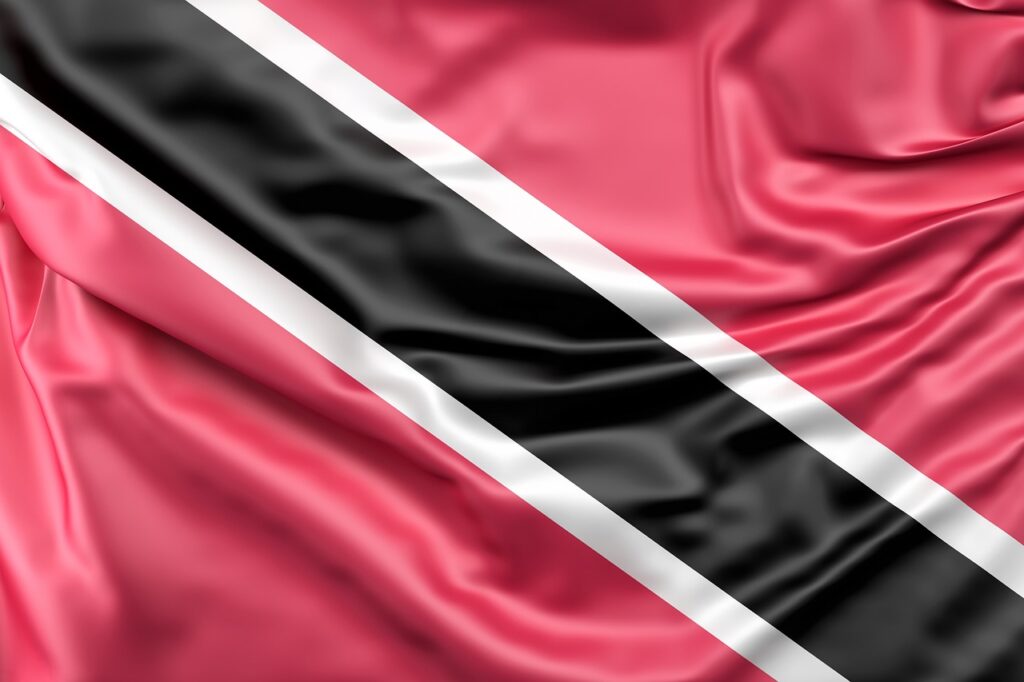News
Bolivia promotes climate resilience in road infrastructure with support from the World Bank
The World Bank has approved a new project to improve the climate resilience and safety of road infrastructure in Bolivia. This project seeks to address the challenges that climate change imposes on the country, especially in terms of damage caused by extreme events.
Bolivia is in tenth place on the Global Climate Risk Index, having suffered significant damage to its road infrastructure due to extreme weather events such as high temperatures and intense rainfall. These phenomena have generated landslides and floods, seriously impacting the economy and society.
The project has financing of 118.5 million dollars provided by the World Bank. It will directly benefit more than 165,000 inhabitants of the municipalities of Chimoré and Ivirgarzama in Cochabamba, Guanay in La Paz, and Monteagudo in Chuquisaca. In addition, pedestrians, private drivers, and public transportation, approximately 9,000 vehicles daily, will benefit from the improvements to roads and bridges.
National entities, including the Bolivian Highway Administrator (ABC), will receive training in climate risk management and infrastructure vulnerability. This includes developing capabilities to mitigate the effects of climate change and improve road safety.
Project Components
The project is divided into two main components:
- Institutional Development and Training:
- Carrying out an exhaustive diagnosis of climate risks.
- Identification of climate resilience priorities.
- Improvement of institutional capacities to manage the national road network.
- Implementation of Resilient Subprojects:
- Chimoré-Ivirgarzama Highway: Convert it into a dual carriageway, including a new bridge and its accesses, replacement of culverts, and construction of pedestrian bridges.
- Guanay Bridge: Construction of a 200-meter-long two-lane bridge, with measures to minimize climate vulnerabilities and maximize road safety.
- Section III Molino-Monteagudo: Rehabilitation of an existing section and construction of a new rural road to avoid urban areas and reduce risks of landslides.
The program also includes works and activities at the municipal level, allocating at least half of the investments to priorities defined by the women of the communities. This seeks to promote their economic empowerment, social inclusion, and prevention of gender violence.
For more information, click below to see the full news story.
If you want to be aware of this opportunity and other opportunities in the multilateral market, register on our SALT web platform and we will contact you!





